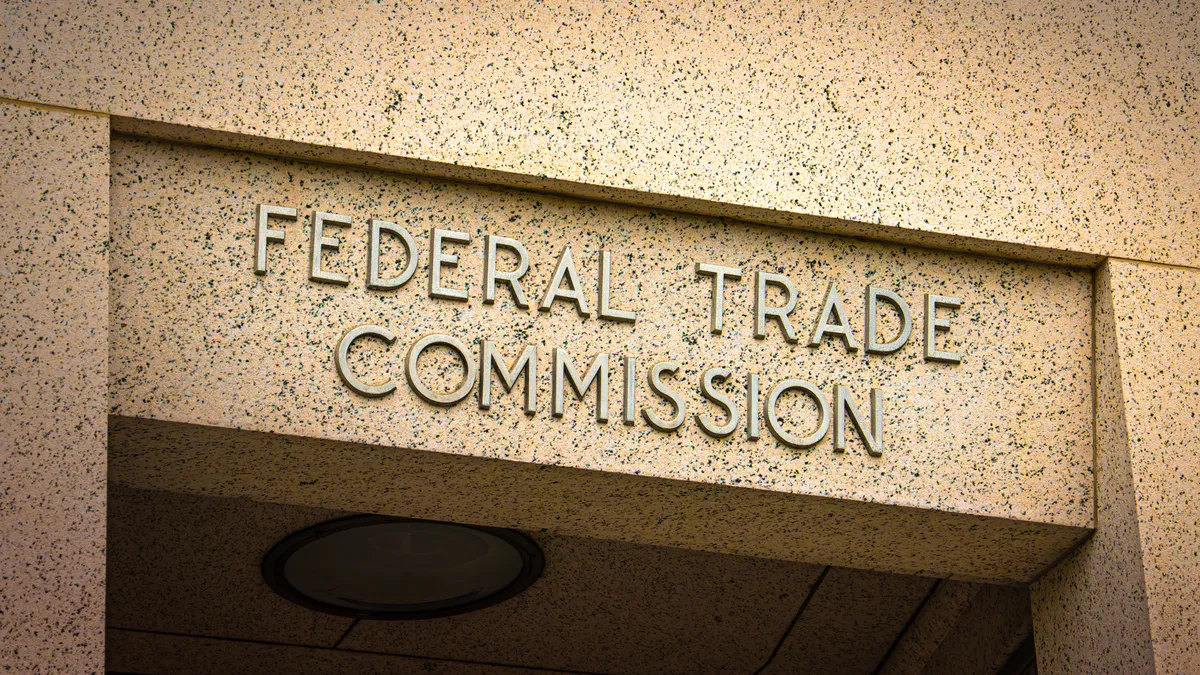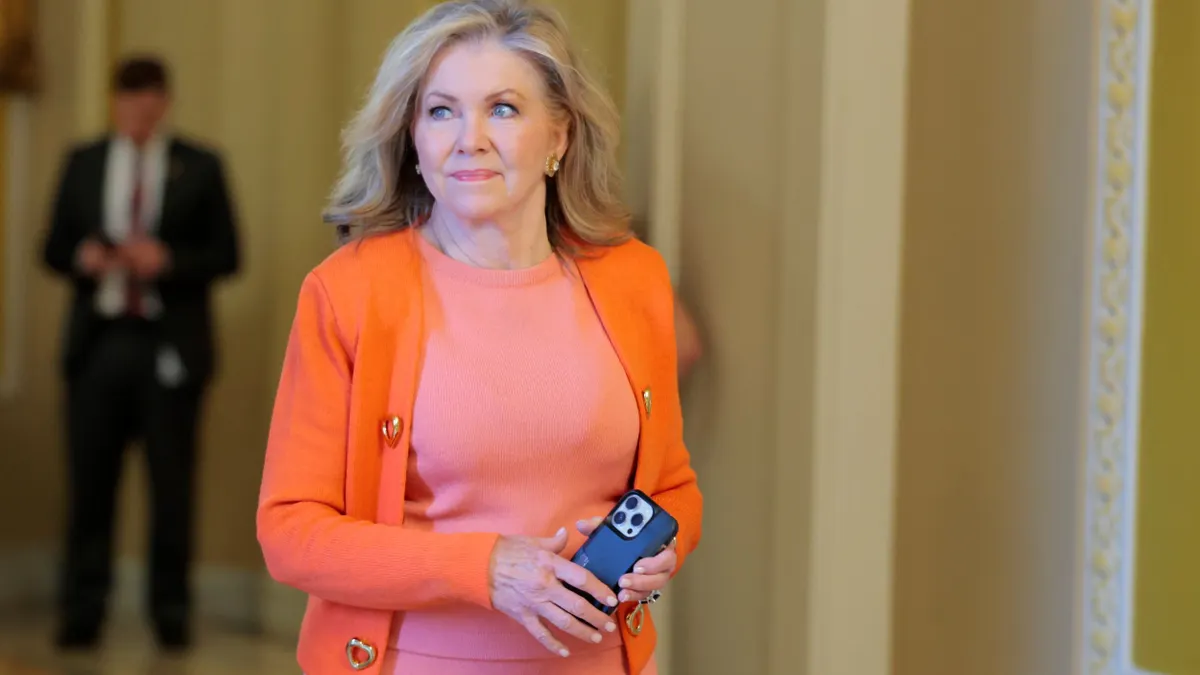When car rental giant Hertz filed for bankruptcy in May, it was just one of more than a dozen high-profile companies to become insolvent from the pandemic. As more companies join the list, executives who have a big portion of their retirement socked away in a nonqualified deferred compensation account could see much, if not all, of that money disappear.
Nonqualified deferred compensation accounts (sometimes called NQ funds or plans), unlike the more familiar 401(k) accounts, don't have the same protections as qualified accounts. As a result, they get carved up along with the company's other assets as part of a bankruptcy reorganization.
According to data the federal Government Accountability Office (GAO) released in January, executives who held retirement savings in NQ funds lost 75% of their money, on average, when their company was reorganized under bankruptcy protection.
Other analyses have shown executives losing even more than that, including all of their money in some cases.
"It varies bankruptcy by bankruptcy," Jeff Roberts, business development director at stock brokerage StockShield, said.
Common investment
NQ funds are a commonly used retirement benefit among executives and highly paid employees. Like a 401(k), they let executives generate tax-deferred gains on a portion of their compensation, but unlike 401(k) plans, they're generally not subject to limits on how much can be put into them each year.
In the typical 401(k) account, in which the company matches the employee's contribution, the limit is generally $57,000 a year.
A common strategy for executives is to max out on the 401(k) contribution and put the rest of their deferred compensation into an NQ plan.
Some companies don't give executives a choice, instead using deferred compensation as a supplemental plan and automatically putting the money into an NQ plan.
Insolvency risk
If the type of NQ plan they offer allows it, companies will typically reach out toward the end of the year, often in November, to give employees a chance to see how much they contribute and decide if they want to maintain the account in the same way.
"You get told every year the money is subject to bankruptcy risk but the message might be a little more relevant this year," Roberts said. "Maybe the balance has grown to a size that it's a significant portion of your overall wealth. So, maybe you need to think a little bit more before you make your elections for 2021."
Depending on the type of account, your options may be limited; many account variants won't allow for changes once you've made your initial elections.
A good example is a risk-pooling account, in which NQ plans from more than one company are pooled together. The pools consist of accounts from companies whose credit strength are comparable at the time the pools are created. The risk pooling helps keep the accounts relatively safe, but once the pools are set, the terms are locked in; if your company goes bankrupt, it's too late to make changes.
"This is basically an insurance-type product," Roberts said. "Like most insurance, you don't buy fire insurance when the house is already burning."
Other accounts allow for changes, but options are limited if the company's credit profile has changed.
In one type of account, sometimes referred to as a rabbi trust, you're limited in what you can do after the company's credit rating declines unless there's a change in control. "Maybe there's a white knight," Roberts said. "That would help protect you."
Executives likely have the most flexibility to make a change after financial trouble starts by using what Roberts calls an investment allocation strategy. Under this arrangement, you have the flexibility to at least change the mix of your investments so you can pull out all of your safe investments, like cash and bonds, and keep only your riskiest investments in the account. That way, if the company goes bankrupt, you've at least protected your safest investments from loss.
"This is definitely something you could do at any time," he said. "Normally you can change your mind about how your money is invested every single day the market's open."
Not only should CFOs take a hard look at their NQ plan later this year if there's the option to make 2021 elections, but CFOs, as finance leaders, might use the opportunity to remind all highly compensated employees to look carefully at their plans.
"Update that memo," he said. "Big, household-named companies you thought would never go bankrupt, are."



















